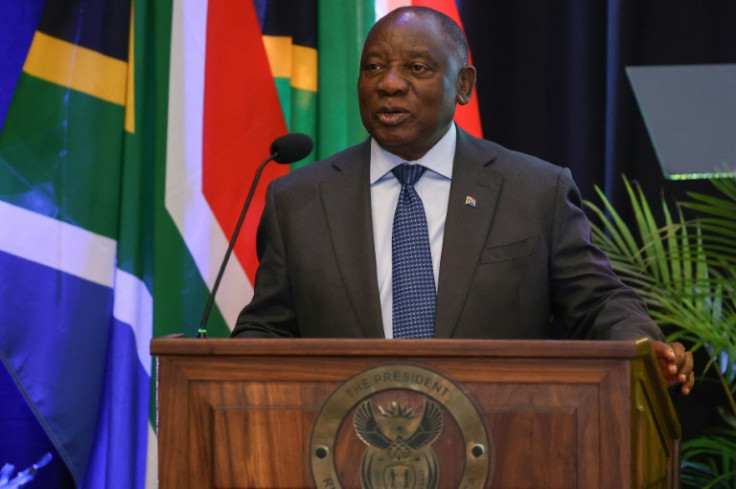Quelimane Mayor Urges South Africa To Increase Intervention In Mozambique

Mozambique's fifth-largest city, Quelimane's Mayor Manuel Lopes de Araujo urged the South African government to increase its involvement in Mozambique, warning that if tensions in the country are not addressed, it could have negative effects on South Africa in the form of increased immigrations.
In an interview with Newsroom Afrika on Christmas Day, Araujo, a member of Mozambique's main opposition party Renamo, expressed his satisfaction that South African President Cyril Ramaphosa now understands the severity of the crisis in Mozambique, IOL reported.
Araujo shared that he had spent the past month in South Africa, visiting Johannesburg, Pretoria, Durban, and Cape Town. During his visit, he met with members of the DA (Democratic Alliance), business leaders, and civil society to raise awareness about the situation in Mozambique.
He recalled the initial statement by Minister Ronald Lamola, who had said that South Africa could not intervene in Mozambique's issues. However, he expressed his happiness that both Minister Lamola and President Ramaphosa have now recognized the seriousness of the situation.
The mayor warned that if peace is not restored in Mozambique, it could have serious consequences for South Africa's economy. He pointed out that the Maputo port is crucial for South Africa, as it is the closest port to Johannesburg, where minerals are exported.
Araujo also highlighted that if the Maputo port or the border is closed, it would negatively impact the economies of South Africa, Zimbabwe, and the entire SADC region. Araujo stressed that Mozambique is a key partner for the region and expressed his hope that SADC would have taken more proactive action.
He believes that South Africa is the only country with the power and influence to help resolve the situation in Mozambique, and he sees South Africa as a "big brother" with a responsibility to assist.
The mayor explained that he has been warning the South African government, civil society, and economic sectors that the problems in Mozambique directly affect South Africa.
Araujo pointed to the impact of the Ressano Garcia (Lebombo) border closure, where thousands of trucks were stuck, affecting South Africa's economy. He warned that if the situation worsens, the consequences would be far greater, with many people fleeing.
He noted that the border between the two countries is not strictly controlled, as people can easily cross. While South Africa has attempted to build barriers, Araujo believes they would be quickly overcome if people are determined to move. He reminded everyone of the crisis in Zimbabwe, when large numbers of people fled to South Africa, and many Zimbabweans are still living there today.
Political unrest in Mozambique began after the Oct. 9 elections, when Daniel Chapo, a candidate from the ruling Frelimo party, was declared the winner. Protests have broken out in several cities, including the capital, Maputo.
Demonstrators are challenging the election results, which strengthened Frelimo's 49-year control of Mozambique. As protests grew, border operations at Lebombo were temporarily halted at times, disrupting trade between South Africa and Mozambique.
Heavy trucks carrying minerals to Mozambican ports have been stuck on the South African side.
© Copyright 2025 IBTimes ZA. All rights reserved.





















